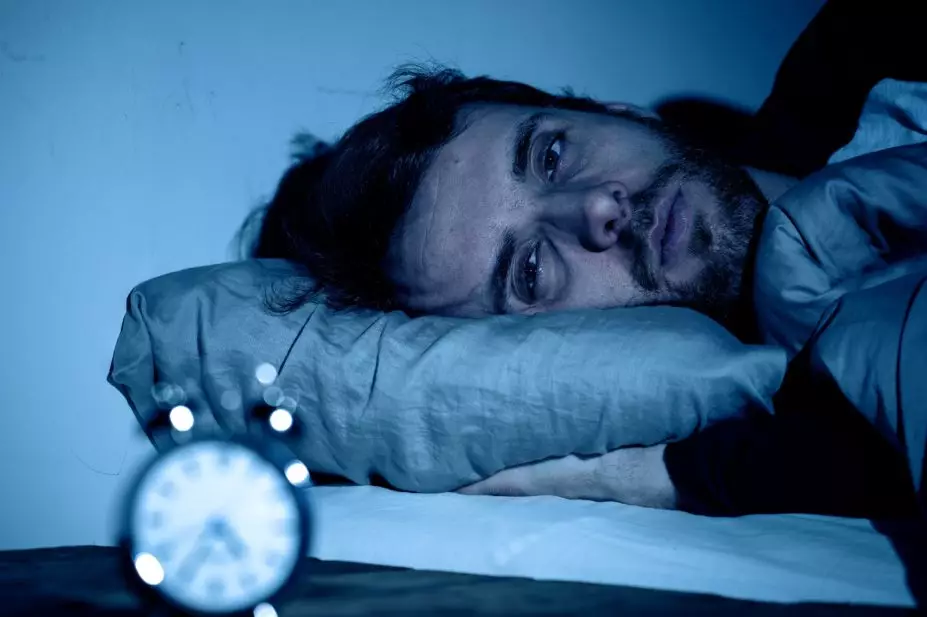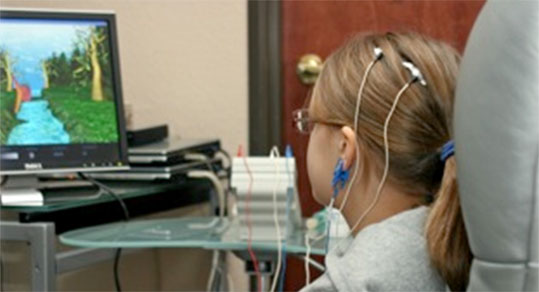
If you’ve tried those and you are ready to try a sleep medication here are some of the available options. Before trying any sleep medications we suggest speaking with your doctor first as well as trying the best practices for sleep hygiene first (see tips below). That’s why talking about sleep is such an important part of any ADHD testing and treatment plan.Trouble sleeping? You’re not alone according to the American Sleep Association 50-70 million American adults have a sleep disorder. But trouble sleeping may have an even bigger effect on people who do have ADHD. Keep in mind that not everyone who has trouble sleeping has ADHD. The details you share can help with making an accurate diagnosis. Keeping a close eye on these areas can be a big help to your doctor. See if reading or another calming activity can help with falling asleep.
Adhd insomnia help tv#
Screen time and downtime: Watching TV or playing video games can make it hard to settle down at night. See if eating healthy, balanced meals helps with paying attention during the day and sleeping better at night. Nutrition: Take notes on how much caffeine is consumed each day. Snoring: Does loud snoring happen a lot? Does it sometimes sound like there’s no breathing for a second or two? Removing tonsils and/or adenoids can relieve sleep apnea in some people and, with it, some attention problems.Įxercise: Is it easier to stay focused on days that include a lot of exercise? Does more physical activity seem to help with falling asleep or staying asleep? For example, is weekend sleep more restful compared to weeknights? Sleep schedule: Write down details about sleep habits like bedtime and wake-up time. If you’re wondering if you’re seeing signs of ADHD or a sleep disorder, you can help the doctor look for patterns in the following areas: Insomnia: This makes it hard to fall asleep or stay asleep - or both.

Restless legs syndrome: This involves unpleasant sensations in the legs and can wake people up many times during the night. Nightmares and night terrors: These can rise to the level of a disorder if they happen a lot and cause problems with getting stuff done during the day. Sleep apnea: This involves snoring and frequent, long pauses in breathing. Here are some different types of sleep disorders: And this can interfere with things like attention and stamina during the day. Sleep disorders can affect the amount or quality of sleep a person gets. If this happens a lot, ask your doctor about fine-tuning the medication. If it keeps working too late in the day, it can delay the relaxing needed to get to sleep. Not getting enough sleep makes it harder for people with ADHD to concentrate the next day.ĪDHD medication can play a role. It may take a long time to “shut off” their brain so they can sleep. People with ADHD can have trouble winding down at night.

Here are some of the ways ADHD can affect sleep: The symptoms can look alike, but they have different root causes.

That’s because trouble with attention can affect sleep - and trouble with sleep can affect attention.ĭoctors can tease the problems apart, though, and make an accurate diagnosis. Some signs of ADHD, like trouble with focus or self-control, can look a lot like some signs of sleep disorders.


 0 kommentar(er)
0 kommentar(er)
